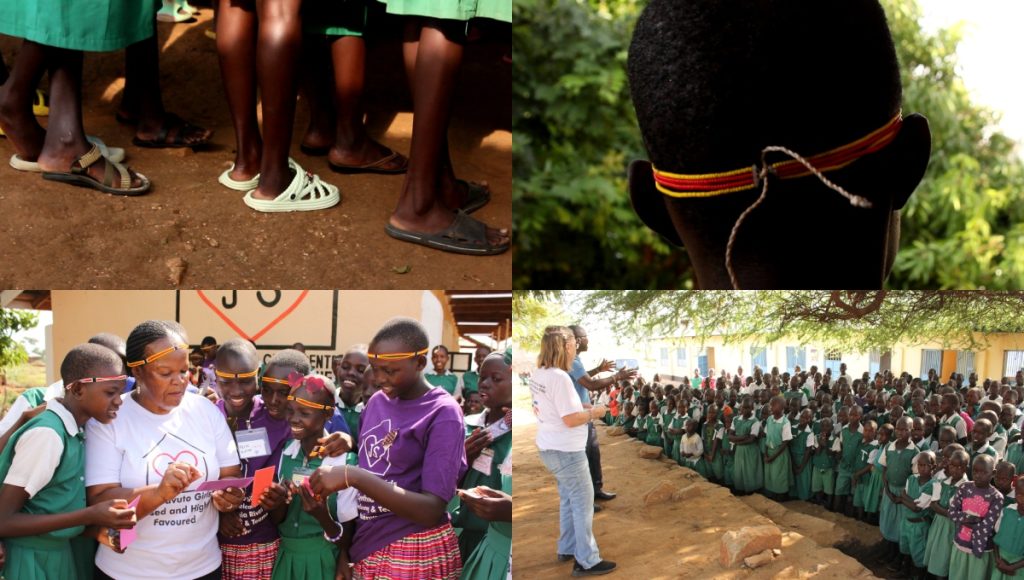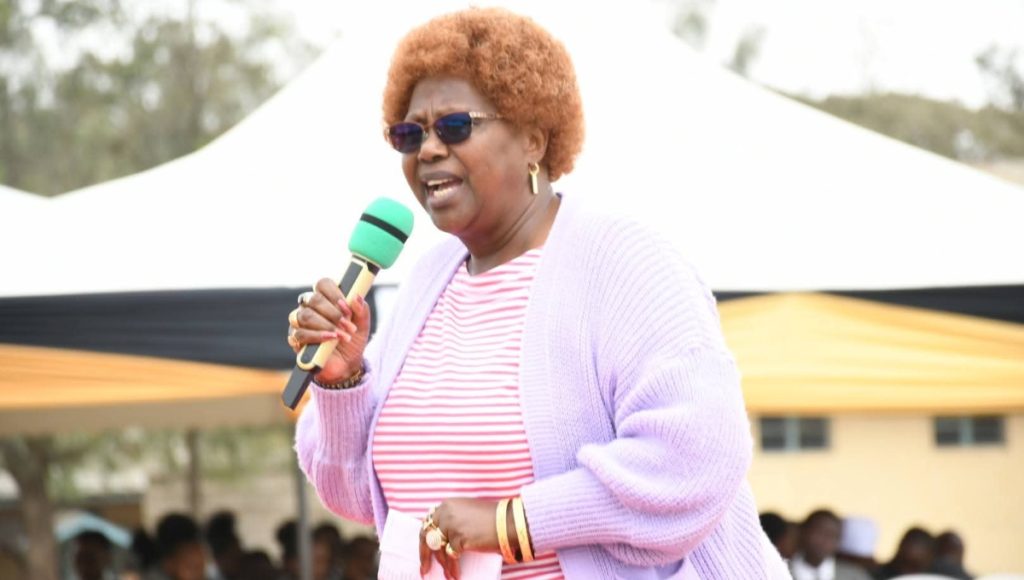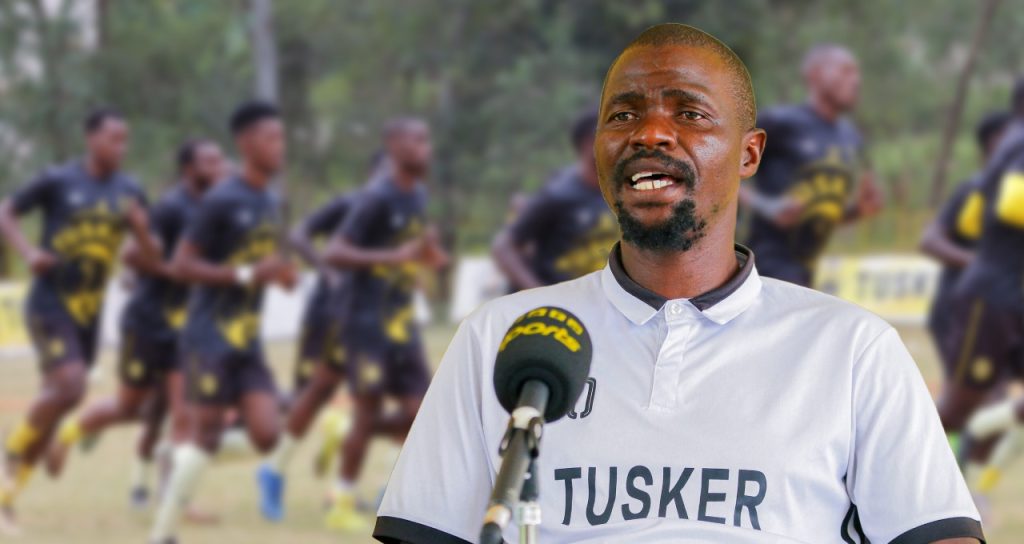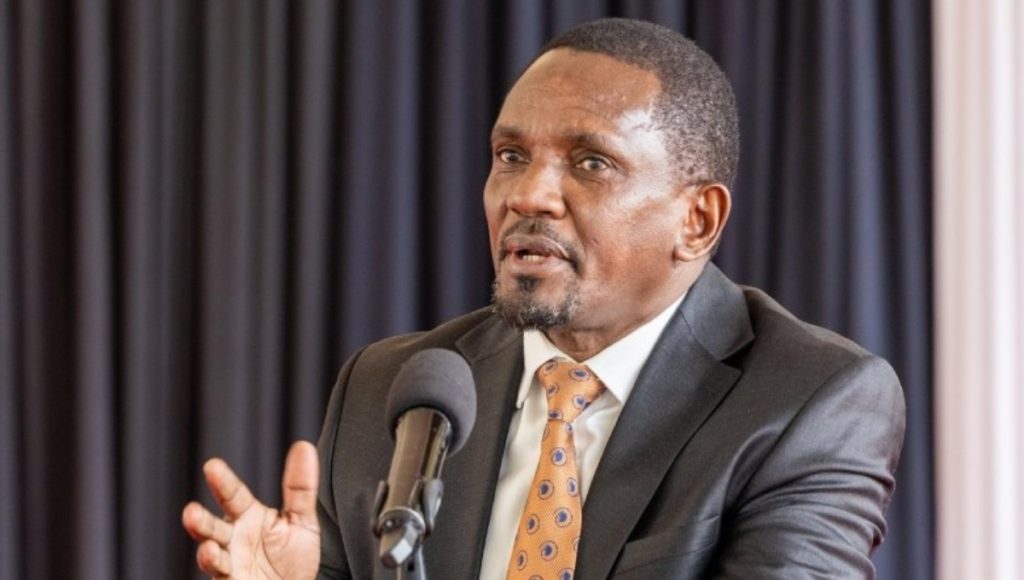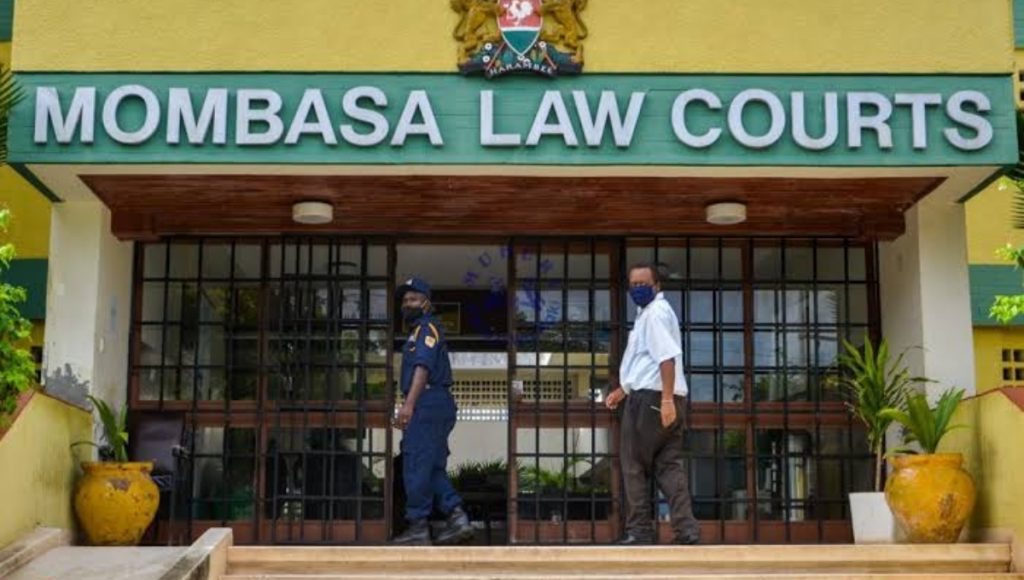The increasing cases of Female Genital Mutilation (FGM) in Kenya’s North Rift counties Baringo, West Pokot, and Elgeyo Marakwet have raised serious concern among stakeholders, with recent statistics revealing a disturbing trend.
West Pokot County leads with an FGM prevalence rate of 91%, followed by Baringo at 89% and Elgeyo Marakwet at 73%. These figures highlight the deep entrenchment of harmful traditional practices that continue to infringe on the rights and well-being of girls in the region.
Adding to the challenge, the region is battling insecurity caused by frequent cattle rustling and rising poverty levels both factors that fuel the persistence of FGM. The practice is most often carried out during school holidays, when girls are away from the protection of school environments and more vulnerable to cultural and family pressures.
In a coordinated response, religious leaders led by Pauline Ntombura, under the Jerry Savuto Charitable Foundation, are calling on the government, civil society, and community-based organizations to intensify the fight against FGM. The Jerry Savuto Foundation, established by members of the Methodist Church Women’s Fellowship, focuses on rescuing and supporting girls at risk of FGM, early marriage, and other forms of gender-based violence.
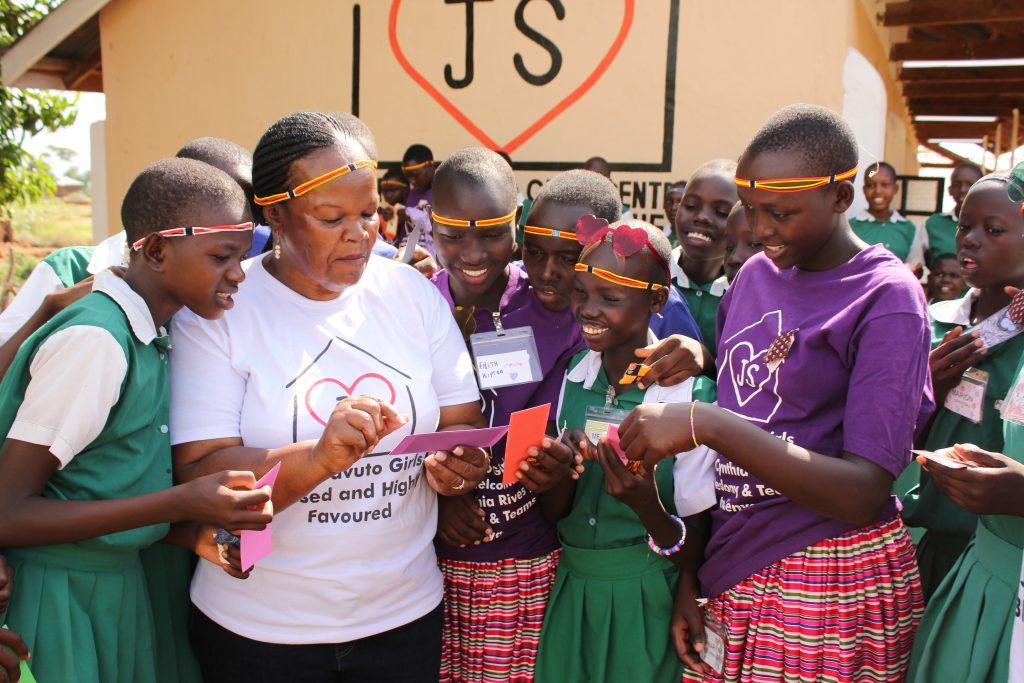
Currently, 80 rescued girls are being accommodated at the Jerri Savuto Rescue Center, which is run by the foundation in Marakwet East Constituency. The center provides not only shelter and protection, but also access to education, counseling, and empowerment programs to help survivors rebuild their lives.
Importantly, the foundation’s advocacy also targets the boy child, recognizing his critical role in challenging and transforming harmful gender norms. Boys and young men are being engaged in awareness campaigns to become allies in the fight against FGM and champions of girls’ rights within their communities.
This grassroots advocacy aligns with the Government of Kenya’s commitment to end FGM by the year 2030, in line with global Sustainable Development Goals (SDGs). Stakeholders believe that through inclusive community engagement involving girls, boys, parents, elders, and local leaders meaningful progress can be made toward eradicating the practice once and for all.
During a recent sensitization forum held at Kreel Primary School, survivors and community members echoed these calls, urging for continued investment in education, rescue centers, and alternative rites of passage to protect future generations.
Written by Fabian Kibet



